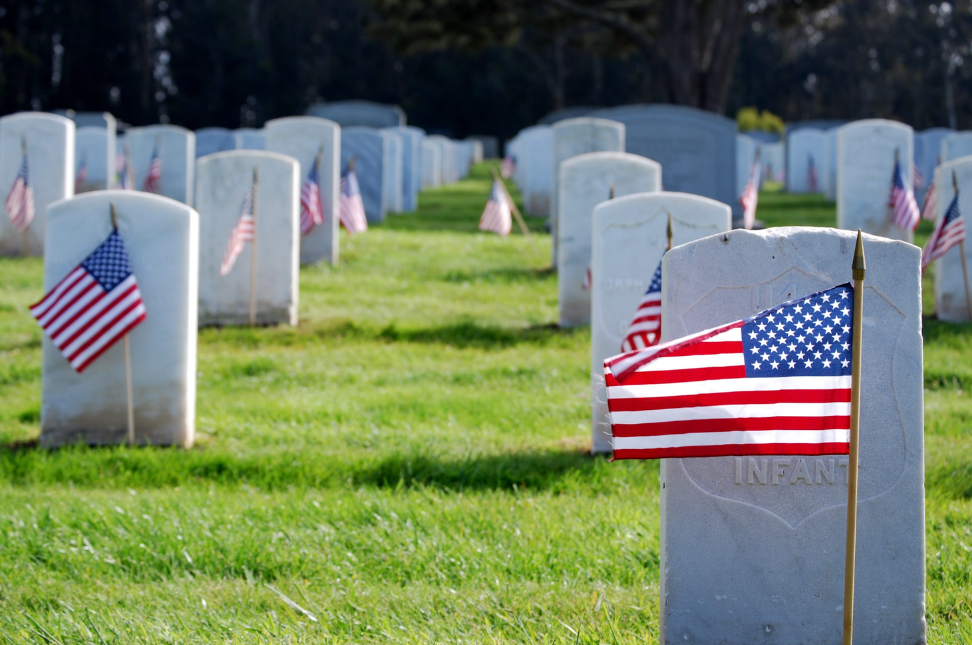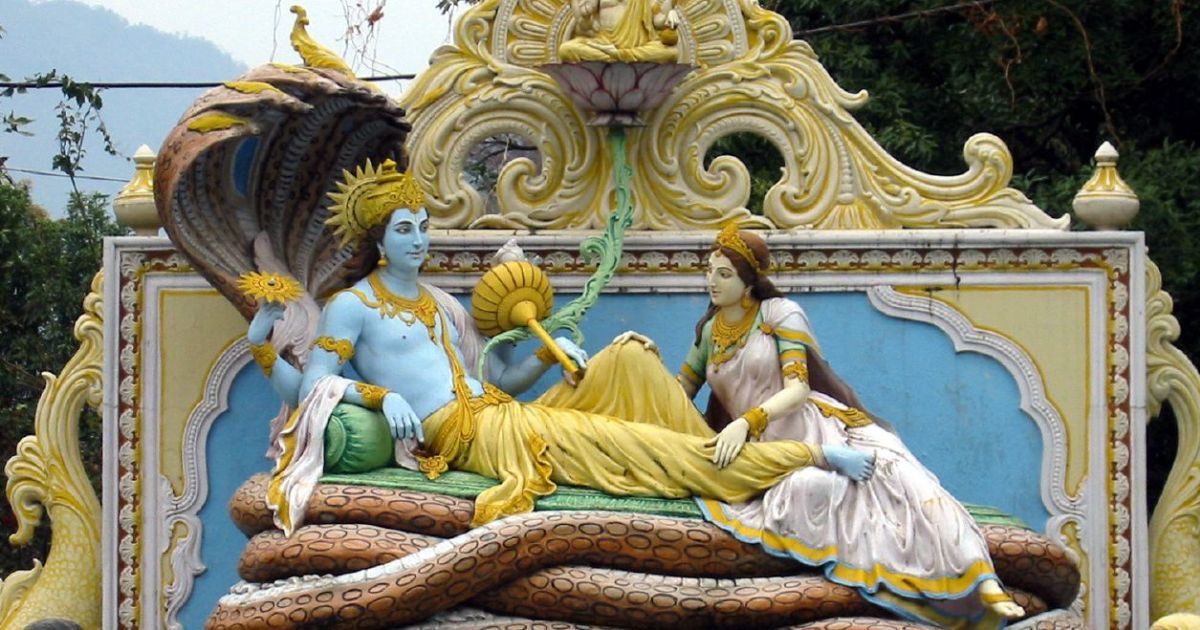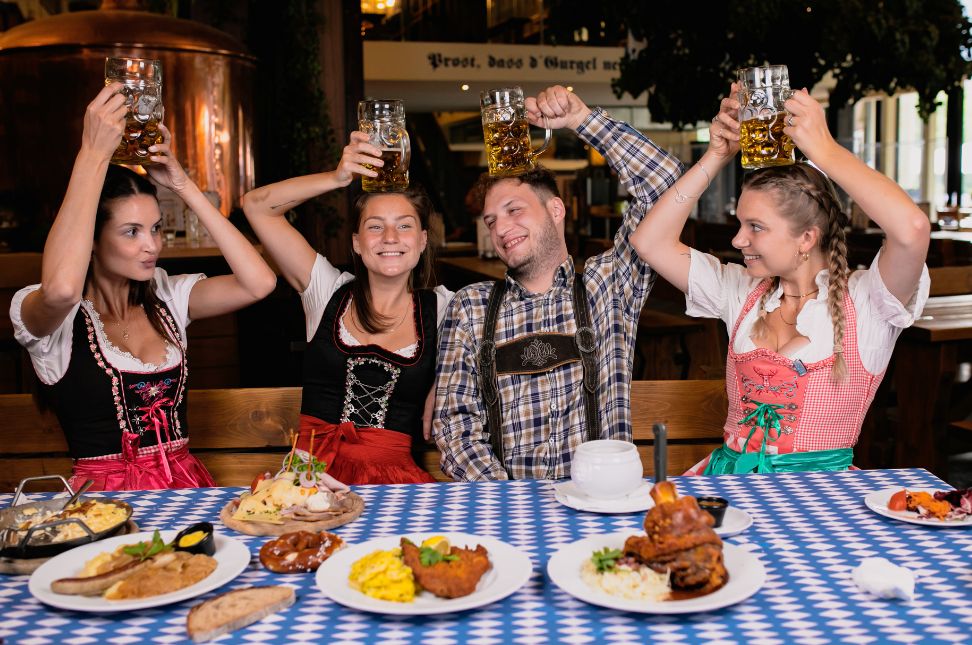Memorial Day is a significant holiday in the United States, observed on the last Monday of May each year. It serves as a time for the nation to remember and honor the men and women who have died while serving in the U.S. military. This day is marked by various traditions and ceremonies, emphasizing the importance of recognizing the sacrifices made by military personnel. In this article, we will explore the origins of Memorial Day, its evolution over the years, and the ways in which it is commemorated today.
The Origins of Memorial Day
Memorial Day traces its roots back to the aftermath of the American Civil War, a conflict that claimed more lives than any other war in U.S. history. The sheer number of soldiers who perished necessitated the establishment of the country’s first national cemeteries. In the years following the Civil War, various communities began holding springtime tributes to these fallen soldiers, decorating their graves with flowers and reciting prayers.
One of the earliest recorded instances of such a commemoration occurred in 1866 in Waterloo, New York. This town is officially recognized as the birthplace of Memorial Day. On May 5, 1868, General John A. Logan, leader of an organization for Northern Civil War veterans, called for a nationwide day of remembrance later that month. The date, May 30, was chosen because it was not the anniversary of any particular battle, allowing for a neutral day of mourning.
Evolution of Memorial Day
Initially known as Decoration Day, Memorial Day was first widely observed on May 30, 1868. During the first national celebration, General James Garfield made a speech at Arlington National Cemetery, and 5,000 participants decorated the graves of the 20,000 Union and Confederate soldiers buried there.
By the end of the 19th century, Memorial Day ceremonies were being held on May 30 across the nation. States passed proclamations designating the day, and the Army and Navy adopted regulations for proper observance at their facilities. Memorial Day became a time for the nation to decorate graves of the war dead with flowers, a practice that continues today.
After World War I, the day expanded to honor those who have died in all American wars. In 1971, Memorial Day was declared a national holiday by an act of Congress, and its observance was moved to the last Monday in May, creating a three-day weekend for federal employees. This change aimed to ensure a stable date for the holiday, enabling more people to participate in commemorative activities.
Modern-Day Commemorations
Today, Memorial Day is observed in various ways across the United States. Traditional practices include visiting cemeteries and memorials, placing American flags on graves of fallen soldiers, and holding parades. These parades often feature military personnel, veterans, and organizations such as the Veterans of Foreign Wars (VFW).
Many Americans also observe a National Moment of Remembrance at 3:00 p.m. local time. This pause for one minute serves as a unifying gesture of respect and remembrance. In addition, the American flag is flown at half-staff until noon, after which it is raised to full-staff for the remainder of the day.
Memorial Day and Popular Culture
Memorial Day has also influenced popular culture, inspiring songs, movies, and literature. Numerous films and books depict the heroism and sacrifices of soldiers, helping to keep their stories alive in the national consciousness. Additionally, many communities hold concerts and public readings that reflect on the themes of sacrifice and patriotism.
The Memorial Day Weekend
In addition to its solemn observances, Memorial Day weekend has become associated with various leisure activities. It marks the unofficial start of summer, with many people taking advantage of the long weekend to travel, enjoy barbecues, and spend time with family and friends. Despite these recreational aspects, the core purpose of Memorial Day remains a time to reflect on the profound costs of war and honor those who have given their lives in service to the nation.
Conclusion
Memorial Day is more than just a long weekend; it is a deeply significant occasion for honoring the sacrifices of the men and women who have died in military service. From its origins in the aftermath of the Civil War to its evolution into a national holiday, Memorial Day continues to serve as a poignant reminder of the bravery and selflessness of America’s soldiers.




